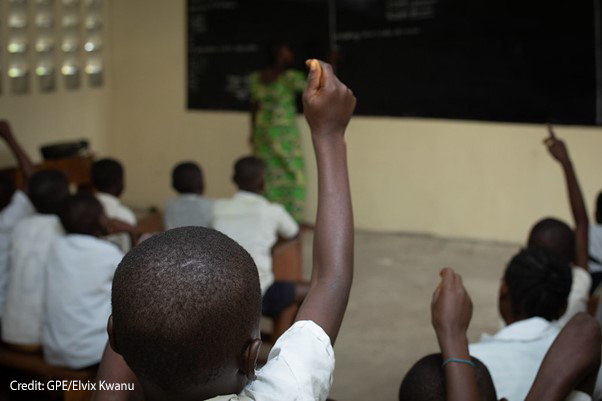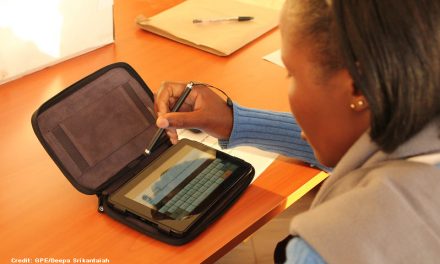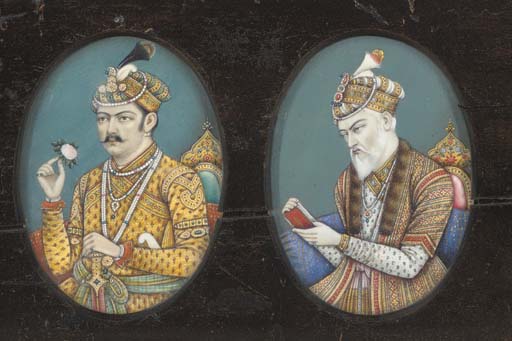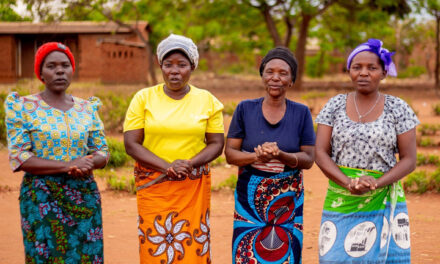This blog was written by Virgine Briand, Cambridge Education and ACCELERE!2 project.
In a fragile state like the Democratic Republic of Congo (DRC), information is power. Without access to information, most people cannot become actors of change, so it is vital to ensure all different stakeholders are kept informed about reform.
This means working politically: an approach that ensures implementation of technical tools is accompanied by work to empower stakeholders, so that they become active participants in long-term change.
Accelere!2* (A!2) has first-hand experience of working politically across the education sector in DRC to improve governance and accountability. And many lessons were learnt along the way, especially when dealing with sensitive issues, such as provision of free education and rationalisation of government departments.
Empowering stakeholders alongside technical tools
The A!2 approach was to tackle several levels of stakeholders in parallel to build enough critical mass to push for change and reform. Alongside this work, we carried out research on the impact of existing ways of working (including costs) to provide the Ministry and other key actors with an evidence base for our recommendations. The programme took advantage of key political moments to build awareness and increase momentum for reform, too.
There are still immense challenges with Free Education and rationalisation, but our research, communication and technical assistance has shifted the taboo around topics such as illegal school fees, so that they are now openly addressed by the Ministry and system actors. Parents and communities are now more aware of free education options, too, making them powerful advocates that will hold regional government accountable for change.
There is more to be done, but working politically has allowed us to create opportunity and possibility where once there seemed to be very little.
Our seven principles of working politically are:
- Classify the power dynamics between different structures and individuals with strong stakeholder analysis.
- Identify who has the power to drive reform forward, and target those actors in a tailored way.
- Build a critical mass to maintain pressure on decision-makers to implement changes.
- Target several actors in parallel, and together, to move them towards each other and to build consensus and improve coordination.
- Know when to step back – It is important to understand when it is not our place to be at the forefront of a push for change, but to enable others to step into the role.
- Recognise and accept your role – Adapt your level of input depending on where and when it is time for pushing, holding or creating space for change. Closely monitor momentum for action, support and lead.
- Use the formal and informal power structures to enhance reform implementation.
Implications for future programming
The ability to work politically is important in every development setting, but especially so in complex contexts such as the DRC. A technocratic approach that fails to take account of the evolving external environment, with multiple actors with their own priorities, will fail to bring about social change.
- Programmes need enough time to build trust, particularly in more sensitive topic areas. Reform takes time and requires significant behaviour and attitude change. Getting results out of a working politically approach is a long-term investment.
- While remaining ambitious is important, it is also important that practitioners understand the donor’s risk appetite and take time to review it regularly during the course of the programme.
- Trust needs to be built between donors, implementers and political counterparts to ensure that everyone has enough space to work in the context. Governance reform can be sensitive, and the roles and responsibilities between the donor and the implementer need to be clearly defined to ensure there is trust on both sides.
- Allowing space for implementing partners to have informal political engagement is important. However, it is critical that everybody understands their role for political engagement and defines clear boundaries.
- Donors, implementers and main stakeholders need to recognise the different levels of ‘success’ in the context. This may mean holding space for change and not letting things slip backwards, rather than taking tangible steps forward. Ensure that everyone shares a common understanding of success and prioritise quality results over quantity.
———
Read more about the Accelere!2 approach to working politically on school fee reform and on increasing efficiency in regional governance.
For more information about Accelere!2, contact Mathilde Nicolai to sign up to our monthly newsletter.
*Accelere!2 is a seven year programme implemented by Cambridge Education to support reform of the Congolese education system and is funded by USAID and UK Aid.





